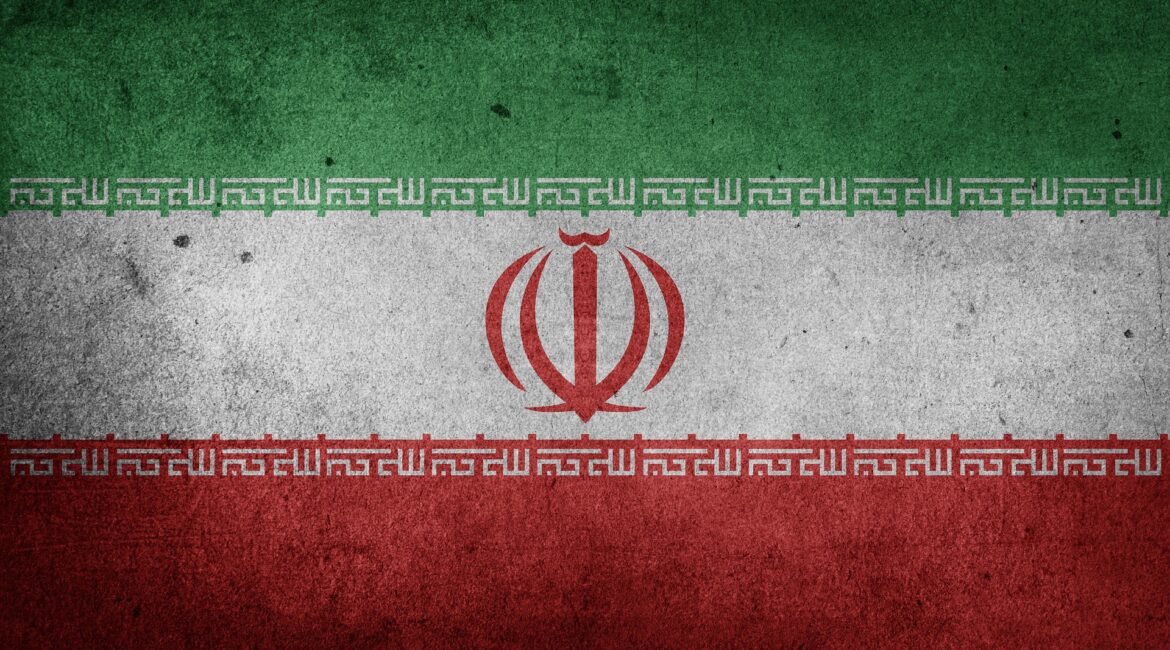Iran's supreme leader officially endorsed his hardliner protéjé as the nation's next president on Tuesday, two days ahead of Ebrahim Raisi's inauguration.
In his speech, Khamenei advised Raisi, a former judiciary chief, to "empower the country's poor people and improve the national currency". While repeating his usual anti-West rhetoric about Iran's "enemies" seeking to sway public opinion, Khamenei struck a milder tone during the endorsement. He focused on Iran's mounting domestic issues, praising Raisi's anti-corruption campaign and asking him to encourage local production.
The new president's ascension comes at a sensitive time for Iran and the wider Middle East. Without commenting on stalled nuclear negotiations in Vienna, Raisi stressed he would "pursue the removal of oppressive sanctions" in order to salvage the crippled economy.
Iran is reeling from crushing US sanctions that have devastated the economy, led to the crash of the Iranian riyal and hit ordinary Iranians hard in a crisis exacerbated by the pandemic.
Raisi won a presidential election in June in which more than half the electorate stayed away after many political heavyweights were barred from standing. A former judiciary chief, he has been criticized by the West for his human rights record.
Raisi is on a blacklist of Iranian officials sanctioned by Washington, due to his complicity in a "brutal crackdown" on protests and "extrajudicial executions of thousands of political prisoners in 1988, described as a crime against humanity by the rights group.
The 60-year-old new Iranian president also faces the United States, Britain, and Israel's warnings to Iran over a deadly tanker attack last week for which Tehran denies responsibility.
After pulling out of the so-called Joint Comprehensive Plan of Action, the US ramped up sanctions again, as Tehran pulled back from most of its nuclear commitments. US sanctions have choked Iran and its vital oil exports, and the economy contracted by more than six percent in both 2018 and 2019.
Trump's successor US President Joe Biden has pledged to rejoin the landmark nuclear accord and lift sanctions if Iran moves back into compliance with the agreement.
The US has engaged in indirect negotiations with Iran alongside formal talks in Vienna with the accord's remaining parties- Britain, China, France, Germany and Russia.
But escalating tensions in the Middle East now risk complicating the diplomatic choreography. The West has blamed Iran for a drone attack last week that struck an oil tanker linked to an Israeli billionaire off the coast of Oman, killing a British security guard and a Romanian crew member. Iran has denied involvement in the incident, which marks the first-known fatal assault after a yearlong shadow war targeting commercial shipping in the region.

